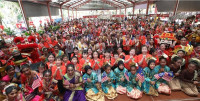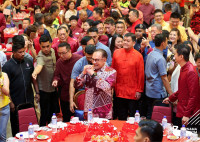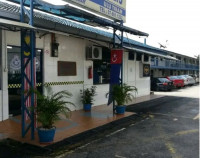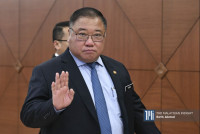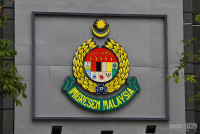THE term Peranakan is an Indonesian/Malay word that means “local born” and has largely been used to refer to the Peranakan Chinese. The Peranakan Chinese are those of mixed Chinese and Malay/Indonesian heritage who can trace their lineage to 15th century Melaka where their ancestors, who are believed to be Chinese traders, married local Malay women.
Peranakan males were known as Baba, while the women were referred to as Nyonya. Their cultural practices have been retained over many hundreds of years and is usually described as a hybrid of Chinese, Malay and Western cultures.
The Peranakan retain certain cultural practices related to the celebration of Chinese New Year and in addition also speak baba Malay, a ‘patois’ described as an adulteration of the Malay language with a liberal mix of Hokkien words.
As I was born in Melaka and attended school there, there were many of my friends who were descended from this Peranakan culture and heritage and in fact proudly take great pains to explain the many cultures and traditions of Peranakan, especially the food which has been recognised both locally and internationally.
Recently, as CNY approached, I approached my schoolmate Annie Lim Guat Huay, whose Peranakan family has lived in Malacca for more than six generations and are well established in their Peranakan way of celebrating CNY.
Ancestor worship
As Annie explained this would be the only year the Lim family was unable to have their reunion, but her brother had made his way to the family home earlier and would be able to celebrate with the rest of the family.
“There are six generations of the Lim family and every year my grandfather would expect the whole clan to gather in Melaka and we did. The most important aspect is the ancestor worship on the eve of Chinese New Year, which is in recognition of the role played by our ancestors in our success today ie the generations who came after. After the prayers and the offerings, only then the Reunion Dinner takes place.
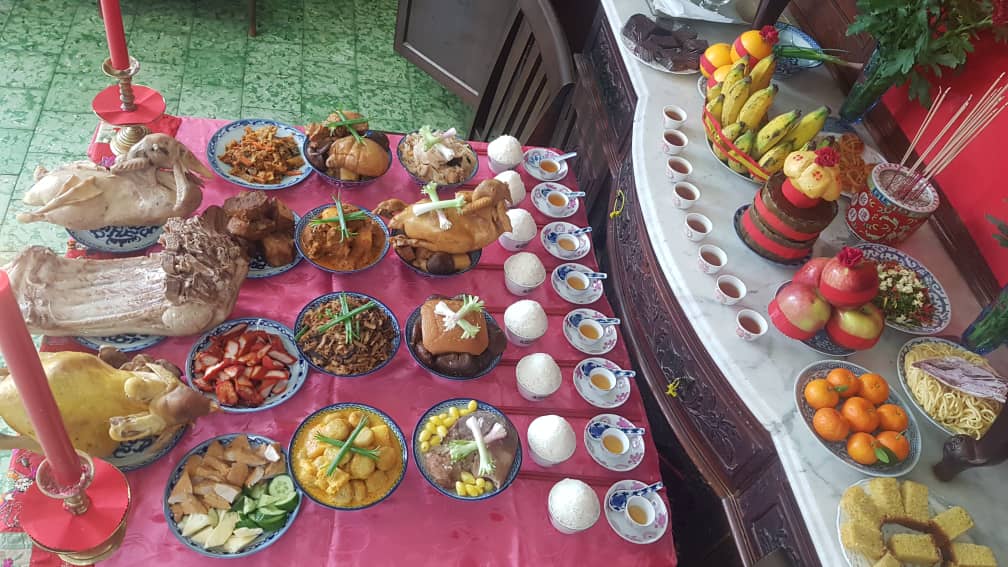
“For the aspect of ancestral worship, the table is laid out, there are offerings of blanched chicken and pork ribs as well as duck (samseng) would be placed. Later for the reunion dinner, this will be added to the existing dishes of pong teh and itek tim.”
The ancestral table setting for the bowls, plates and chopsticks follows eight for Annie’s family, as Annie added the famous Nyonya ‘kuih’ such as pineapple tarts, dodol, ‘wajid’, loveletters, fruits and others.
During the ancestral worship ceremony, the ancestors would be invited to come and taste the food and a pair of coins must be thrown twice, once to confirm their attendance, the second time the pair of coins must display heads and tails simultaneously when thrown, which signifies that the ancestors have had their fill of food. After that joss paper is burnt.
Altar worship
“We pray to the Goddess of Mercy, Kwan Yin with ‘Kuih Bakul’, ‘Huat Kuih’ and also offer flowers and fruits, while auspicious red paper is used to wrap each individual fruit,” said Annie.
Apart from the offerings, there is a bowl of rice, pressed into the shape of a mountain, with an Ixora flower and spring onions inserted through the centre of the rice. The significance of the spring onions is to herald the arrival of spring and the renewal of life.
There is also blanched anak sawi at the altar in a bowl of water that signifies a blessing for the household.
Reunion dinner
Another important aspect is the preparation of food for the reunion dinner, the day before CNY. The food is readied in the morning and there are main dishes and side dishes. The whole family chips in for the food and this adds to the festivity of the occasion.
As red denotes prosperity, according to Annie great pains are taken to use the auspicious colour liberally. Black, however, is a forbidden colour on this happy occasion.
“Everyone makes the effort to don new clothes right from their shoes to a new set of red auspicious attire to be worn on the day of CNY, “ explained Annie, who looks forward to the events every year, even after she was married, and made it a point to return with her husband for the reunion in Melaka.
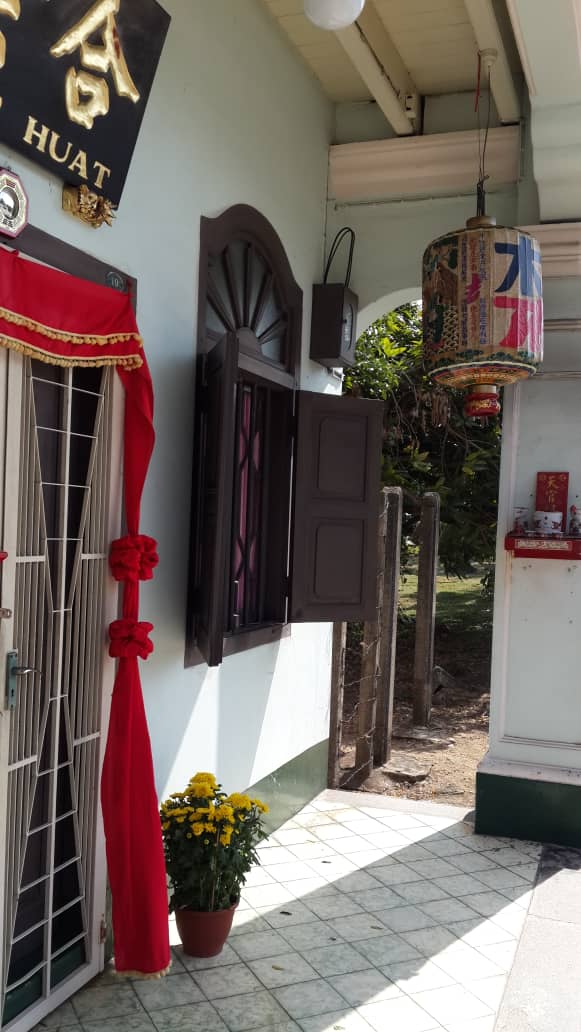
Decorations
The entrance of the house plays an important role in ushering in prosperity for the year ahead and Annie said they referred to it as “chai kee”, which is significant as it has to be red and tied following a style set by their forefathers.
At the entrance to the family home, a set of lanterns are hung, to denote the surname of the household. Annie said she was happy her brother was in Melaka keeping the family tradition alive this year, while she looked forward to 2022 as a better year for the whole clan. – The Vibes, February 14, 2021



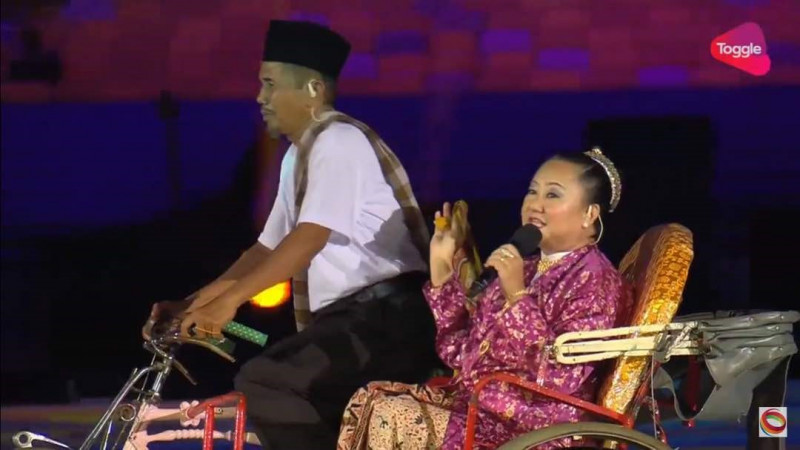

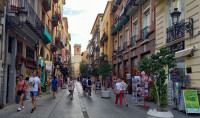
_with_other_members_after_lodging_a_report_on_Chow_Kon_Yeows_billboard_images_being_defaced_in_vandalism_acts._IAN_MCINTYRE-The_Vibes_pic._February_23__2024.jpeg)
